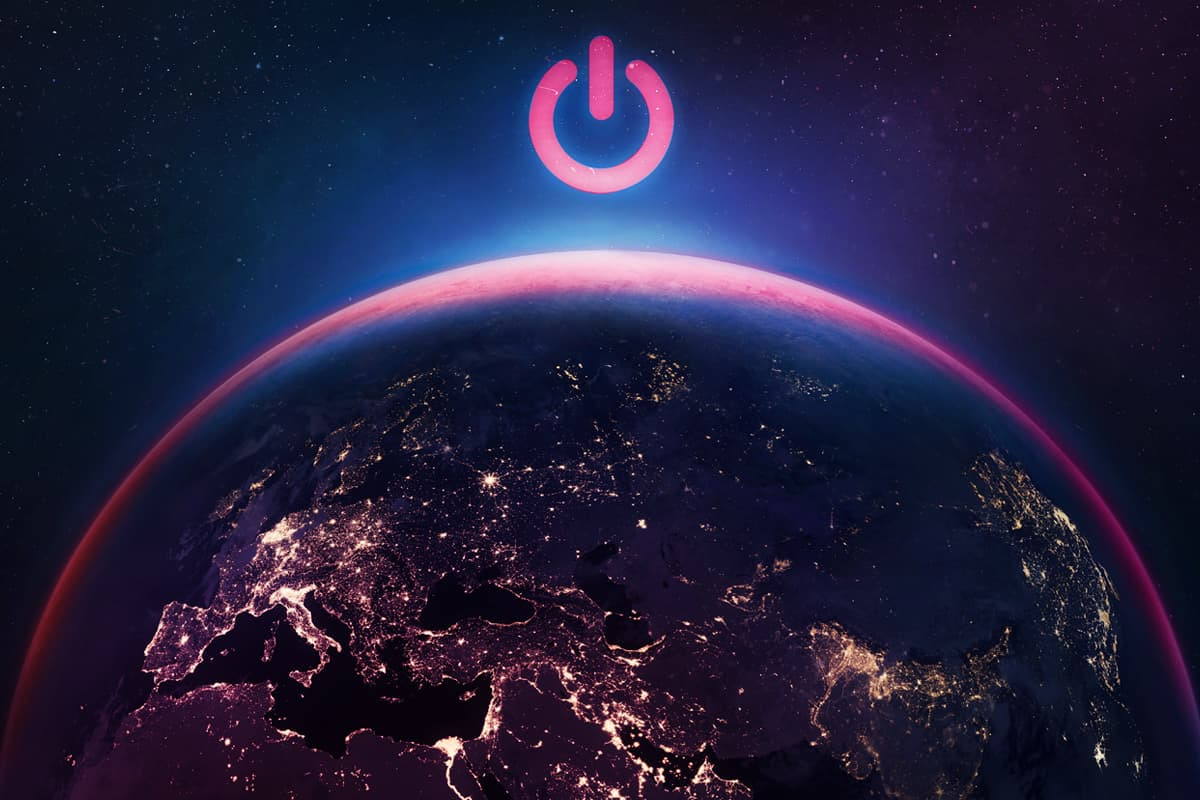
What would Happen If There was No Electricity? A World without Electricity
What is in this article?
The contribution of electricity, considered one of mankind's greatest technological inventions, to what it has brought us today is undeniable. The benefits of electricity in raising the level of science, technology and prosperity have made it one of the most important basic necessities in life.
This type of energy, which contributes to the continuity of life and at the same time to progress, allows the operation of almost all machines at home and in industry.
Electricity is now an indispensable part of life in many different areas, from lighting to communications, from transport to heating. The disappearance of electricity means a complete change of the entire daily routine. Life without electricity is therefore no longer conceivable.
How would our lives change if electrical energy no longer existed? You can find answers to the question of how communication would work in a world without electricity in this article.
What would Happen If There was No Electricity?
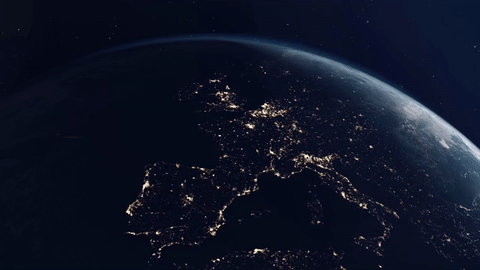 For thousands of years before the invention of electricity, mankind was able to do all its work without any issues.
For thousands of years before the invention of electricity, mankind was able to do all its work without any issues.
However, as life has become completely centered on electricity, it can be a great shock and even a problem for many people to live in a world without it.
There are still people in the world who do not have access to electricity and try to continue their lives in this way. In 2010, it was reported that 1.2 billion people worldwide did not have access to electricity.
This number represented 17 percent of the world's population at that time. In 2017, the number of people without access to electricity had dropped to 840 million.
Without electricity to power various technologies used in daily life, many tasks that are easily done are no longer possible. When people think about a world without electricity, the first thing that usually comes to mind is the inability to use lighting in their homes.
The darkness of the evenings makes people vulnerable in various aspects. Moreover, it becomes very difficult to do any work as desired even at home.
Plus, the use of electronic devices is not possible in the absence of electricity. When refrigerators and freezers, which help to keep food fresh for a long time, stop working, food goes bad and it becomes an issue to store fresh food.
 Phone lines are cut when there is no power, and it is not possible to charge phones at the same time.
Phone lines are cut when there is no power, and it is not possible to charge phones at the same time.
Therefore, when the battery dies, the phones become unusable. Therefore, there will be great difficulty in communication, and most operations performed with phones can no longer be performed.
Water and heating are the two most important basic needs of human life. In a world without electricity, it would be extremely difficult to meet these two needs.
Natural gas central heating systems are powered by electricity. Likewise, water systems are connected to electrically powered pumps. Therefore, it is necessary to purify the water before drinking it.
In addition to all these negative effects, due to the power outage, many technologies that are commonly used in daily life, such as the Internet, ATMs, and elevators, would no longer be accessible. In other words, the absence of electricity can be described as the end of normal life.
Could Humanity have Evolved to this Point If There had been No Electricity?
Life in a world without electricity is not limited to the lack of comfort and luxury that electronic devices bring. Thanks to electricity, both lighting and heating in living spaces have become safer and more effective. Security is also increased by lighting at night. In this way, people have the ability to continue their lives even when it gets dark.
 The possibility of access to clean water is one of the benefits of electricity. Also, preserving and cooking food gets more practical. Industry and agriculture also benefit from many different devices powered by electricity.
The possibility of access to clean water is one of the benefits of electricity. Also, preserving and cooking food gets more practical. Industry and agriculture also benefit from many different devices powered by electricity.
In addition, technologies are being used that make communication extremely easy, such as the telephone and the Internet. The Internet is also a technology that is providing a great service to humanity in areas such as education and productivity.
When communities that do not have access to electricity are enabled to use electricity, public services such as health and education can also develop.
Considering all of this, life without electricity would be a great challenge for humanity. Moreover, in a world without it, it might not be possible to achieve the level of technology, science, and comfort of life that we have today.
Could There be an Energy or Electricity Shortage in the Future?
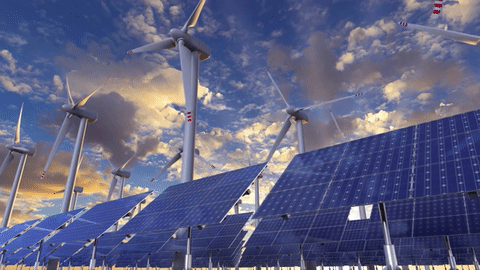 It is believed that the daily depletion of non-renewable energy resources may lead to energy crises in the future. If we compare renewable energy resources and fossil fuels today, we find that fossil fuels dominate the sector. No less than 80% of the energy demand is covered by fossil fuels.
It is believed that the daily depletion of non-renewable energy resources may lead to energy crises in the future. If we compare renewable energy resources and fossil fuels today, we find that fossil fuels dominate the sector. No less than 80% of the energy demand is covered by fossil fuels.
If you want to learn how electricity is generated from these sources, you can check our article How is electricity generated?.
Around the world, some 320 billion kW/h of energy is used daily. For each person, this is equivalent to about 22 light bulbs being on non-stop. However, it is estimated that this number could triple in the next century.
Fossil fuels have provided humanity with energy for a very long time, but these resources will eventually run out. Therefore, it would be healthier to turn to renewable and sustainable energy sources such as hydroelectric power.
In addition to the depletion of non-renewable resources, there may also be economic difficulties, which could lead to an energy crisis.
According to the 2022 World Energy Report published by the IEA (International Energy Agency), strong policies are needed to prevent future price spikes.
New investments in the energy sector are needed until 2050. At the same time, the huge gap in clean energy investments between developed and developing countries needs to be closed.
How would Communication Work in a World without Electricity?
The earliest methods of communicating with people over long distances were fire, drums and pigeons. Signaling through flags and torches was preferred for short distances. Before the invention of the electric telegraph, devices called visual telegraphy were also used.
The semaphore, one of the successful examples of visual telegraphy, was developed by the brothers Claude and Ignace Chappe in France in 1791.
The towers in this system have arms and each arm has the ability to move at various angles. Thanks to its ability to move, it creates letters and numbers, allowing communication over long distances with towers placed at intervals of 5 to 10 km.
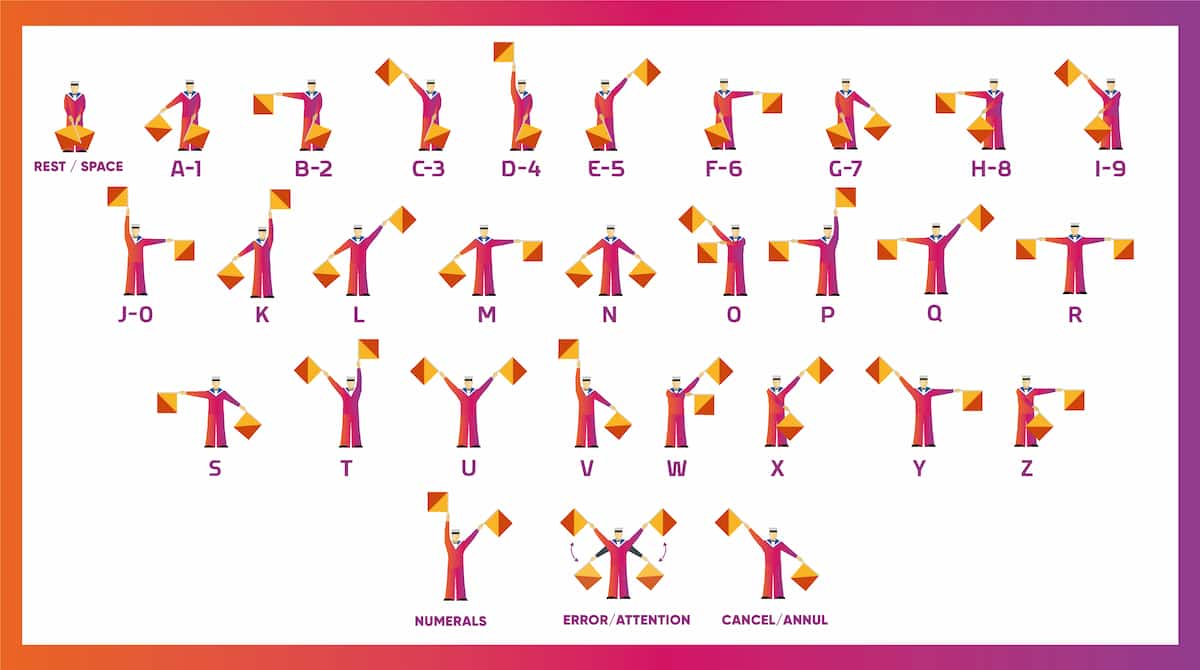
Another widely used visual telegraph was developed by George Murray in England in 1795. In this device, there are six curtains and characters are transmitted by opening and closing these curtains. In the 19th century, these devices were replaced by telegraphs powered entirely by electricity.
In a world without electricity, it would be inevitable to still benefit from these systems. The telephones and the Internet that we use in today's technology allow us to call or instant message our loved ones living anywhere in the world. However, in a world without electricity, it would not be possible to benefit from these technologies.
Would there be Light without Electricity?
Before the invention of electricity and gas lighting products, the biggest source of light indoors usually came from the fire in fireplace-style areas. Candlelight or kerosene lamps were needed for household activities.
Therefore, it was not possible to do tasks that required bright light at some distance away from these small light sources. Also, when it was dark, the home became a dangerous place.

While the rich used candles made from beeswax, not everyone was so lucky. Those with financial difficulties often used candles made from animal fat. This meant less light, smoke and bad odors.
In 1780, Ami Argand developed a round wick oil lamp, and households began to use this system. But the real changes came when lighting technology began to develop industrially. By the late 18th century, gas was being used for lighting.
Many people were introduced to this technology on the streets or in factories lit at night. Gas lighting in the home became popular in the 19th century.
However, it was not considered a safe way of lighting in bedrooms due to suffocating gases, excessive smoke, blackened walls and the risk of explosion.
If electricity hadn't been invented, humanity might still be illuminated by these methods today. Today, the comfort of rooms illuminated with the help of a switch, dozens of street lamps on every street and many practical lighting products have increased security.
How important is electricity in your life? How would your life change without electricity? We are waiting for your comments.


 Online Services
Online Services Application Inquiry
Application Inquiry Pay Assurance Fee
Pay Assurance Fee Query Installation Number
Query Installation Number Compensation Fee Inquiry
Compensation Fee Inquiry Automatic Payment Order Inquiry
Automatic Payment Order Inquiry Partnership
Partnership

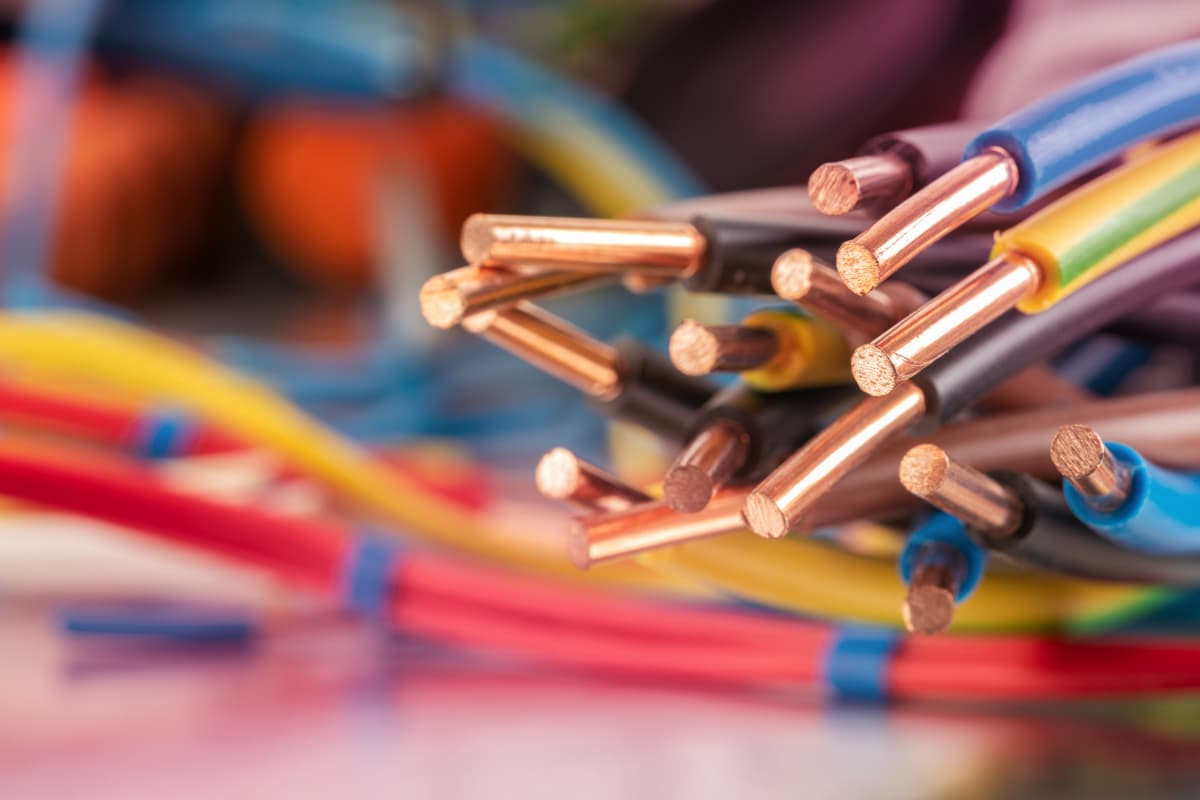
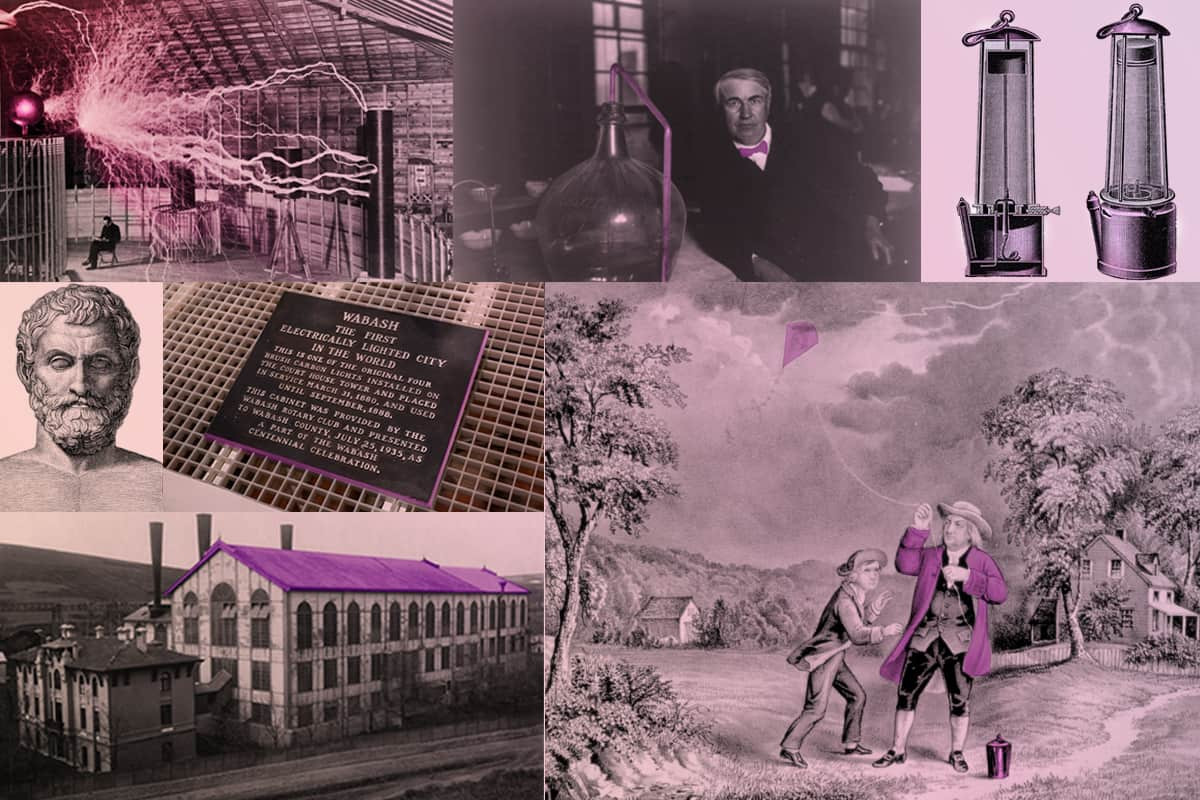
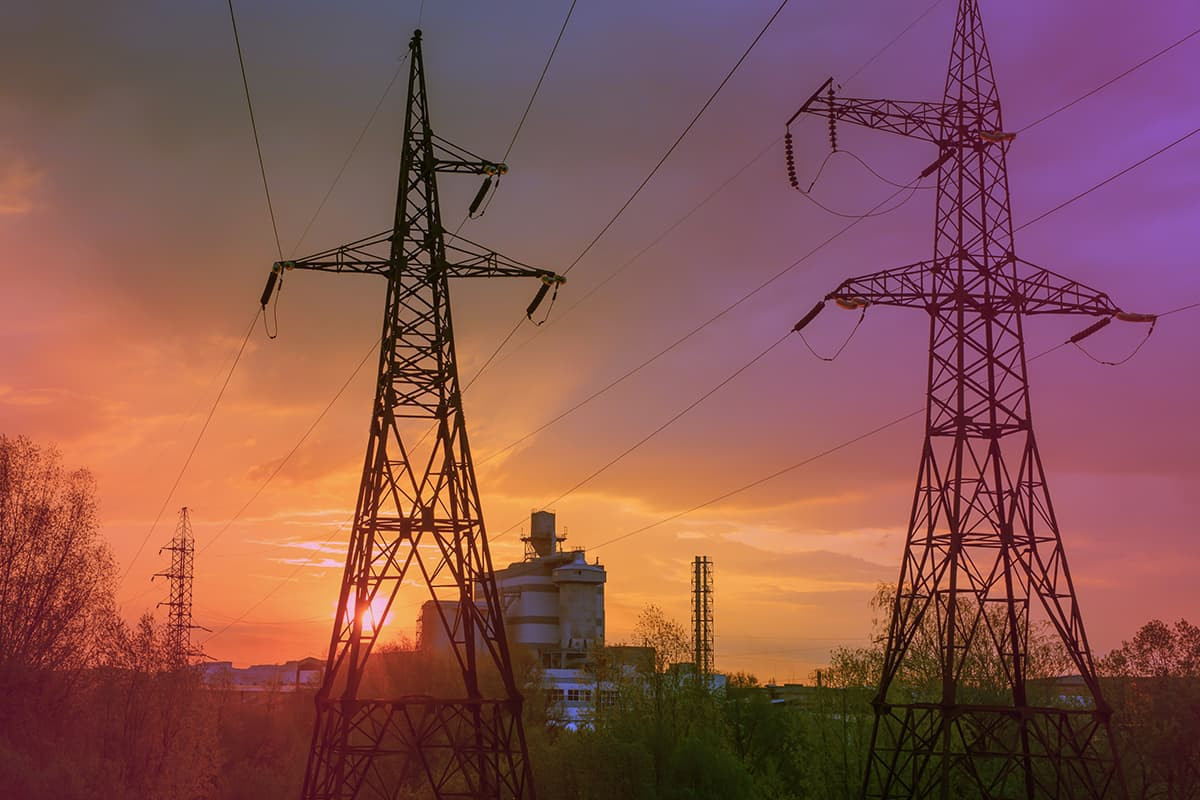
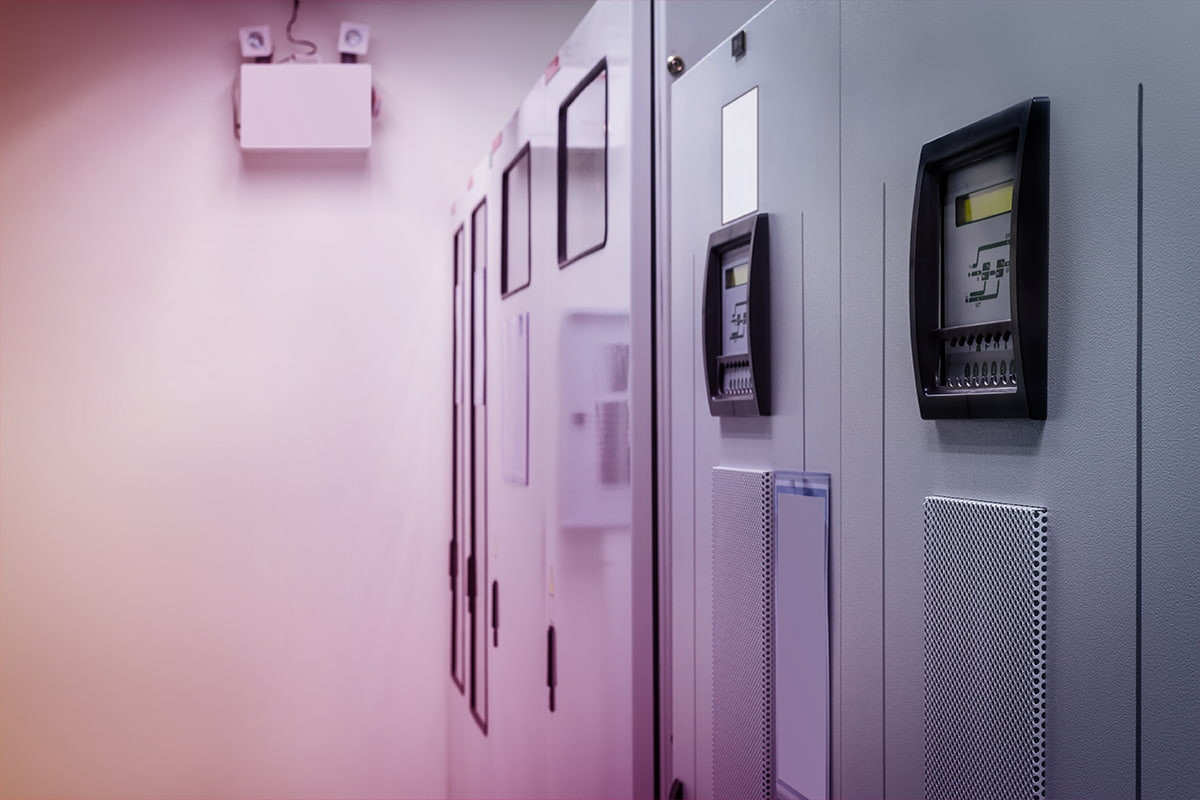
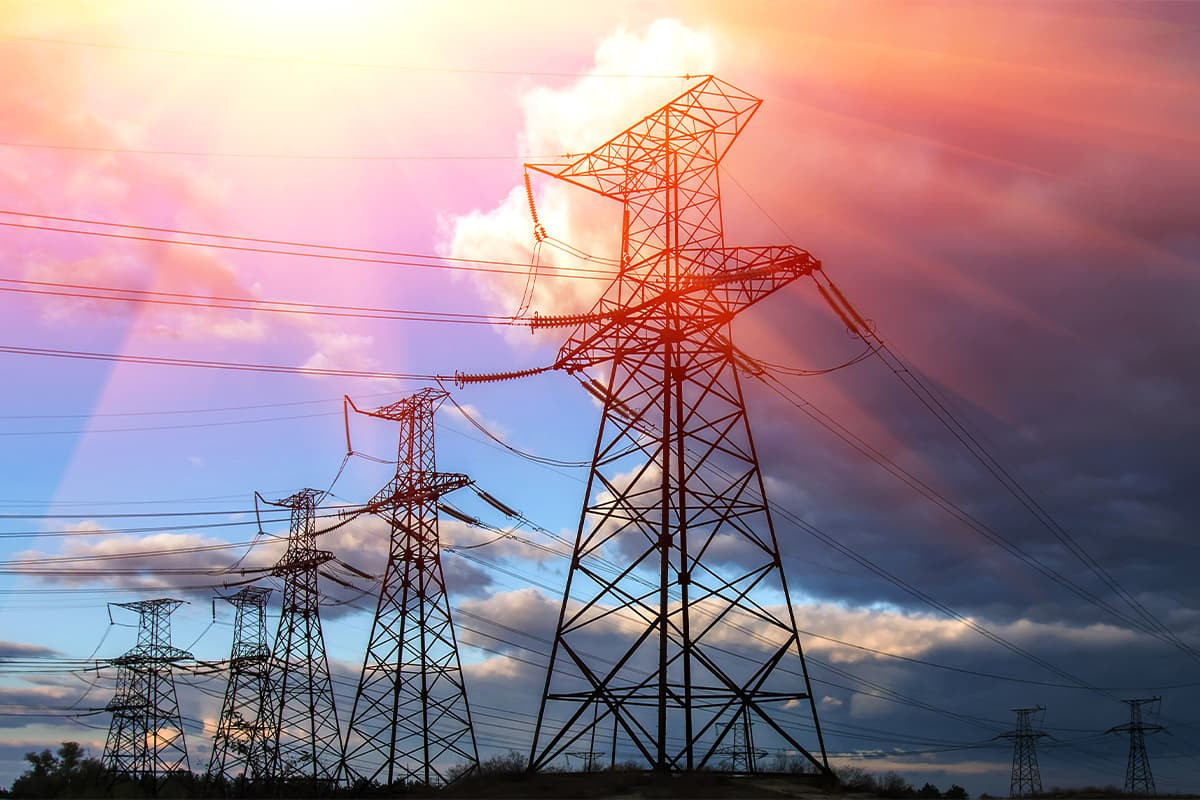
Leave a Comment
Comments (2)
A
Allan
Without electricity you would be dead withn four weeks
H
Hasret
Yazılar çok uzun